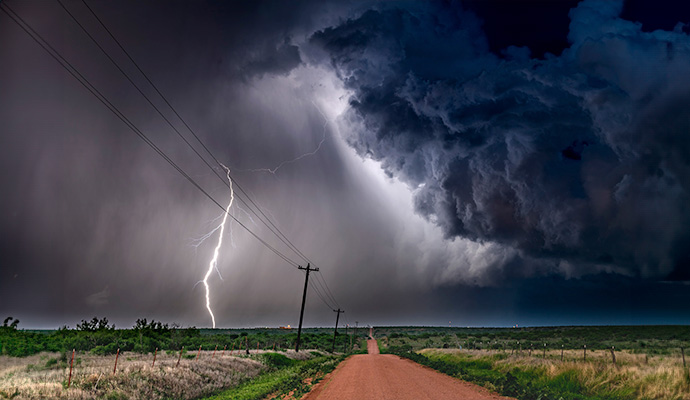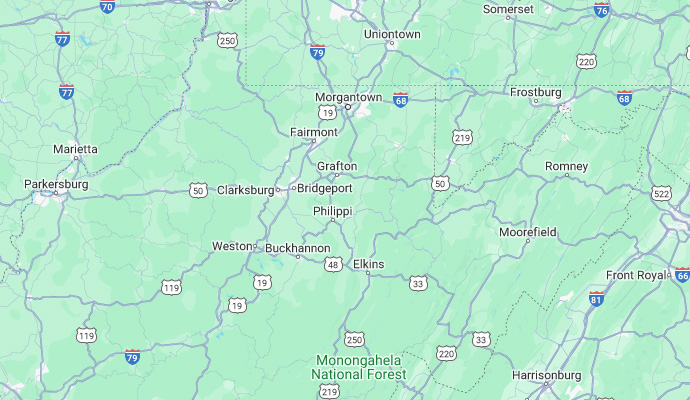As Temperatures Rise, So Does the Chance of Severe Weather in West Virginia
Spring in Morgantown, West Virginia and surrounding areas is an exciting time of the year that brings sunshine, warmer temperatures and beautiful scenery. But in addition to these welcoming changes comes an increased risk of severe weather in the mountain state.
While severe storms such as tornadoes, hurricanes, and others are not quite as common in our state as they are in areas such as the Midwest, we are still vulnerable to severe storms and need to be prepared when disaster strikes.

In 2012, for example, many remember the “derecho” that swept through the eastern half of the United States, causing massive destruction throughout West Virginia and leaving thousands of West Virginians without power in the dead heat of the summer. The storm was characterized not only by its heavy rainfall and hail, but also its high winds that uprooted trees, damaged power lines and interrupted the daily lives of many in its path.
At Crossroads Property Rescue, we want you to be prepared for severe storms that inevitably lie ahead. Here are the steps you should take to ensure you’re ready when disaster strikes:
-
Prepare an Emergency Supply Kit
It may sound extreme, but you never know when non-perishable items like food, water, battery-powered radios and flashlights, and extra batteries will come in handy during an emergency. Prepare a portable kit and know its location in case you need to grab it quickly in a crisis situation.
-
Practice a Family Emergency Plan
Whether it’s a fire, flood, or severe storm, make sure your family members know what to do in an emergency. Your family may not be together when disaster strikes, so it’s important to know how you’ll contact each other and reunite. Ensure your family knows where fire extinguishers are located and how to use them, and know how to shut off utilities including power, water and gas in case of an emergency. For more tips on how to make a disaster preparedness plan, visit this link.
-
Prepare Your Home
Remove dead or rotting trees and branches that are vulnerable to high winds and could easily damage your home or property. Elevate items in the basement in case of flooding, and bring in or secure outdoor items (garbage cans, patio furniture, etc) that could be destroyed or cause damage if picked up by high winds.
-
Pay Attention to the News
Make sure you have a general idea of what the weekly weather looks like in your area. If you know there is a chance of severe storms, pay close attention to local and/or national media stations so you can monitor the development of the storm. If you have a smart phone, you can even download apps that will notify you of an emergency situation such as a tornado warning or flash flood warning. These come in handy when you’re unable to access news via TV or radio stations.
Know where to take shelter in case of an emergency. Underground storm shelters, basements and interior rooms are the best place to be in your home. If you live in a mobile home or unsafe area that is especially prone to high wind damage, know where evacuation shelters are in your area.
Crossroads is on call 24/7, 365 to help you in your time of need. We are dedicated to responding immediately to any water, mold, fire or storm damage emergency. The faster we’re on the scene, the less damage occurs to your home or business. When disaster strikes, call Crossroads Property Rescue at 304-513-4540.

